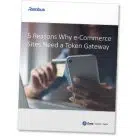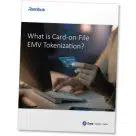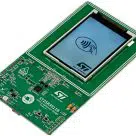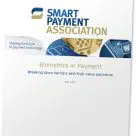
EMV card-on-file payment tokenization is set to both reduce online fraud and deliver a range of benefits to merchants but implementation will not be straightforward, Rambus explains in a new paper that sets out the advantages of using a token gateway to simplify the integration and management process... More




